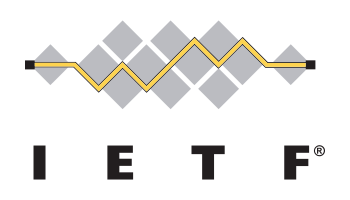The definition of "spam" is a tricky issue. The Wikipedia defines spam as "e-mail that is both unsolicited by the recipient and sent in substantively identical form to many recipients." Others believe "bulkiness" is irrelevant, it's merely a matter of whether the message was sent with the consent or knowledge of the recipient. Many other debates center around the content of the message and weather bulk is relevant to the commercial content of the message.
Due to the nature of Internet email technology, each email message, whether it is bulk or not, whether it is solicited or not, whether it is commercial or not, costs the recipient more than it costs the sender in terms of both money and resources. These are facts that make the definition of spam very tricky and lead to several differing view points on this topic.
As the Coalition Against Unsolicited Commercial Email, we believe the largest and most pressing problem is unsolicited commercial email (UCE). This decision is mostly one of political necessity: there is substantial concern raised by proposals that could affect non-commercial speech. While many of us believe there is a strong legal case to be made for treating non-commercial spam (such as political or religious spam) no differently, today's US Congress simply does not have the political will to go after those who cannot be shown to be subsidizing their commercial activities on the unwilling backs of others. This is not to say that unsolicited email of any content, sent once or in bulk, isn't a part of the spam issue as a whole. CAUCE has simply chosen to limit our efforts to UCE. Thus, CAUCE has chosen to cut off one slice of the spam problem and address it first, however this does not imply that other forms of email abuse will be ignored or avoided.
The United States Government divided email, in the CAN-SPAM act of 2003, into two classes; Commercial email and Transactional email. These are defined as something that a reasonable consumer would understand to be selling or marketing a product (ex: Up-sell or new product information) and something that is offering a transactional response (ex: billing receipt, support ticket)

















